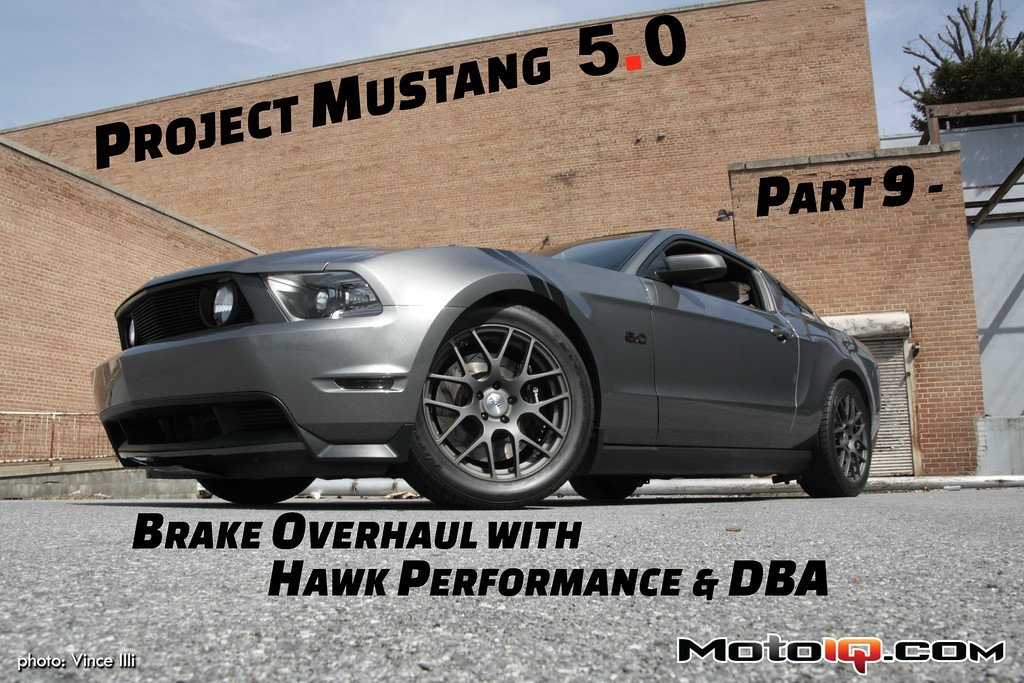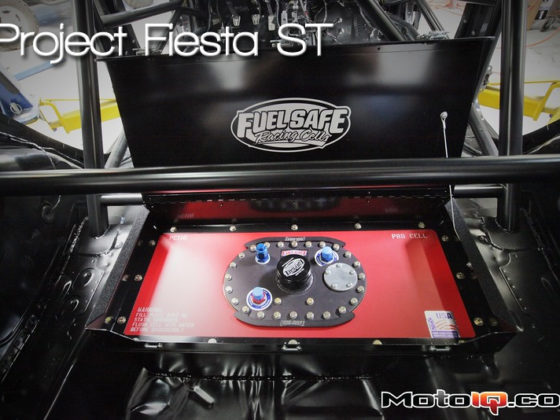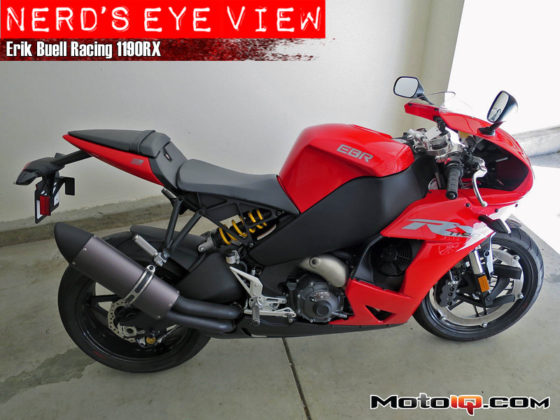,
The next (and most obvious) advantage is the slots on the surface of the rotor. The slots provide several benefits. Firstly, they allow any outgassing or dust from the brake pads to more easily escape, helping to prevent pad float. Secondly, in wet conditions, they “spin off” water from the rotors, helping keep the brakes dry and functioning their best. The slots can also “scoop up” a bit of air as they rotate, helping to dissipate heat faster.
The problem with most slotted rotors is that your standard “straight” slots are noisy. They also have a tendency to “cut” material from the pad as the edges of the slots move across the pad face and cause the pad to bump up and down. DBA has eliminated these issues with their Tri-symmetrical slot design. The design of DBA’s slots keeps the pad in constant contact with the rotor, eliminating noise and the cutting effects of straight slots.
One of the biggest advantages of the DBA rotor, in my opinion, isn’t even visible. That’s the design of the cooling vanes inside the rotor slots.

The “Kangaroo Paws” are a variation on standard vented rotor design. Instead of a straight or curved vane, the Kangaroo Paw design allows air to circulate freely between the two surfaces of the disc, reducing turbulence and increasing airflow, making the DBA rotors an even better heat sink.

 DBA also paints a few different colors of heat-sensitive paint onto the edges of all their rotors. The paint changes color at a certain temperature, letting you see just how hot your rotor is getting. Source: DBA
DBA also paints a few different colors of heat-sensitive paint onto the edges of all their rotors. The paint changes color at a certain temperature, letting you see just how hot your rotor is getting. Source: DBAHawk sent us a front and rear set of their brand new High Performance Street 5.0 pads. Hawk just recently released the HPS 5.0 pads, and the S197 Mustang is one of the first platforms they support. They’re a new recipe improving on their venerable HPS pads, which are quite popular among the S197 Mustang Autocross community.
Hawk’s aim with the HPS 5.0 was to shoot the moon. Their goals were superior streetability, high brake torque, low noise, low dust, incredible pedal feel, and the ability to operate at high enough temperatures for autocross use.
 It says “5.0” on the box! Clearly, it was made for Project Mustang 5.0!
It says “5.0” on the box! Clearly, it was made for Project Mustang 5.0!The HPS 5.0 pads are made of what Hawk calls a “Ferro-Carbon material” and are designed to be completely street- and ABS-friendly. They slot into the product line between the original HPS and the more track-oriented HP+.




